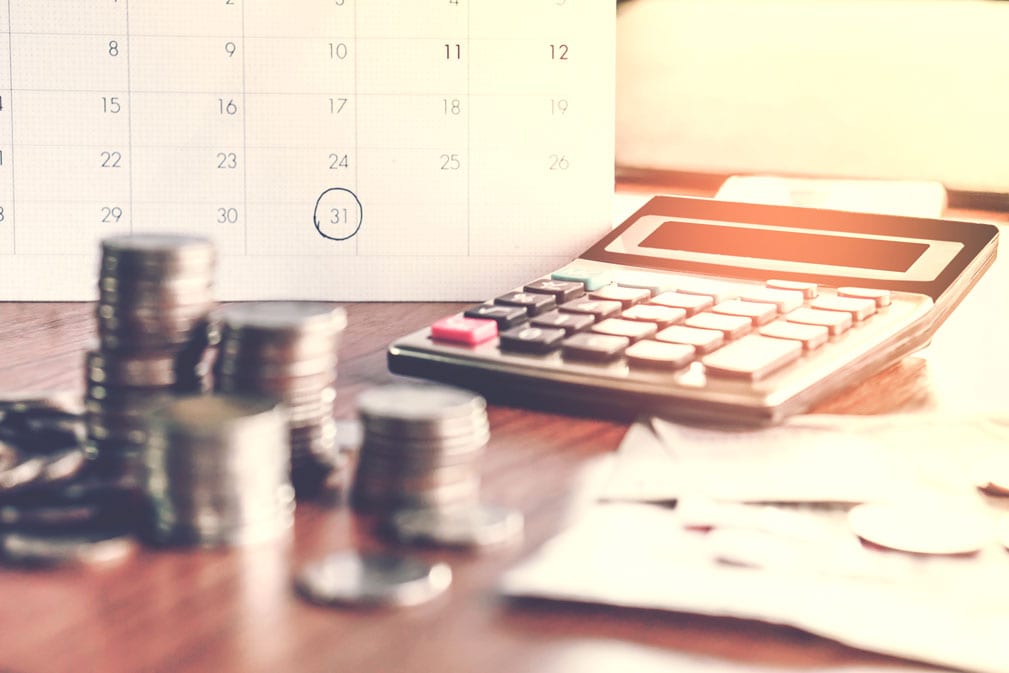Filing for bankruptcy can provide enormous relief to individuals faced with debt. But when considering filing for bankruptcy, it’s important to remember that it’s not a fix-all solution to financial woes.
Sitting down with a bankruptcy lawyer before filing to discuss your options is always a good idea. If you are wondering what happens to your debts after bankruptcy, this guide can help you.
Before you begin to file for bankruptcy, it’s important to enlist the services of a knowledgeable bankruptcy lawyer. A bankruptcy lawyer can help you navigate the complex regulations and paperwork involved in the process.
It is important not to overlook any documents or make any mistakes in your filing. One simple error can cause a judge to dismiss your filing. A bankruptcy attorney will make sure your case is handled properly to secure your debt relief.
For a trusted bankruptcy lawyer in Jacksonville, FL, consider Parker & DuFresne. Parker & DuFrense’s attorneys have over 75 years combined experience in bankruptcy law.
Filing for bankruptcy can be stressful and challenging. A bankruptcy attorney gives you many less things to worry about.
One of the questions on everyone’s mind when filing for bankruptcy is “Does bankruptcy clear tax debt?”
The answer is both yes and no. Certain debts are discharged (cleared) by a bankruptcy filing. That’s the primary benefit of filing for bankruptcy in the first place.
But bankruptcy does not eliminate all debts, and some payments will remain even after your bankruptcy filing is complete. Here is a breakdown of which debts are and are not discharged when you file for bankruptcy.
 Two of the most commonly discharged debts are credit card debt and medical bills. These are two of the main categories of debt which prompt a debtor to file for bankruptcy. Bankruptcy provides individuals with a means to get out of these common debts when all other options are exhausted.
Two of the most commonly discharged debts are credit card debt and medical bills. These are two of the main categories of debt which prompt a debtor to file for bankruptcy. Bankruptcy provides individuals with a means to get out of these common debts when all other options are exhausted.
Past-due utility bills can also be discharged under a bankruptcy filing. However, the debtor is still required to continue making scheduled utility payments after the time of filing.
In other words, any accumulated utility debt prior to the filing is discharged. But filing for bankruptcy does not absolve an individual from the responsibility of making future utility bill payments.
Personal loans, business debts, certain attorney fees, and automotive accident claims are all typically discharged when bankruptcy is filed. An exception to this is if the debtor owes a debt for a car accident involving alcohol.
Auto accident claims are not discharged if the debtor was found to have been driving under the influence at the time.
Lastly, a mortgage can be discharged when filing for bankruptcy. However, depending on which bankruptcy chapter is filed, this may also cause the debtor to lose their house.
Under Chapter 7 bankruptcy, many of the debtor’s assets are liquidated to help pay off their creditors. In this situation, the debtor’s home may become a liquidated asset. Under Chapter 13, however, the debtor is offered a rearranged financial plan for paying off their creditors. In these situations, the mortgage is partially discharged along with other debts, and the debtor does not lose their home.
Among the debts not discharged under a bankruptcy filing are alimony and child support payments. A debtor is still obligated to make these payments even after filing.
Student loan debts are also not typically discharged in bankruptcy. However, it is possible (but uncommon) to have your student loans discharged with an additional filing. In the rare cases that student loan debt is erased, the court may offer either a partial or total discharge.
Lastly, a debtor still must pay any debts which they incur after the date of filing for bankruptcy. Bankruptcy provides relief from many existing debts, but it does not protect against future debt payments.
If you think filing for bankruptcy is right for you, contact Parker & DuFresne today for a free consultation. Parker & DuFresne are northeast Florida’s most trusted bankruptcy attorneys.

If you have any other questions about the process of filing for bankruptcy, be sure to contact an attorney.
Contact us today to learn more!
If you’re thinking about filing for bankruptcy in Florida, it’s important to meet with a bankruptcy attorney. You can better understand your specific situation and the types of relief that might be available to you.
Call us today for a free consultation and we’ll get you on your path toward financial freedom.
Dealing with bankruptcy doesn’t have to be a single-person job. The bankruptcy lawyers at Parker & DuFresne will help you determine the best course of action to help you get out from under your debt and move forward to a debt-free future.
Call today at 904-733-7766 for a free consultation, or click the button at the top of the page to schedule online.
Parker and DuFresne
